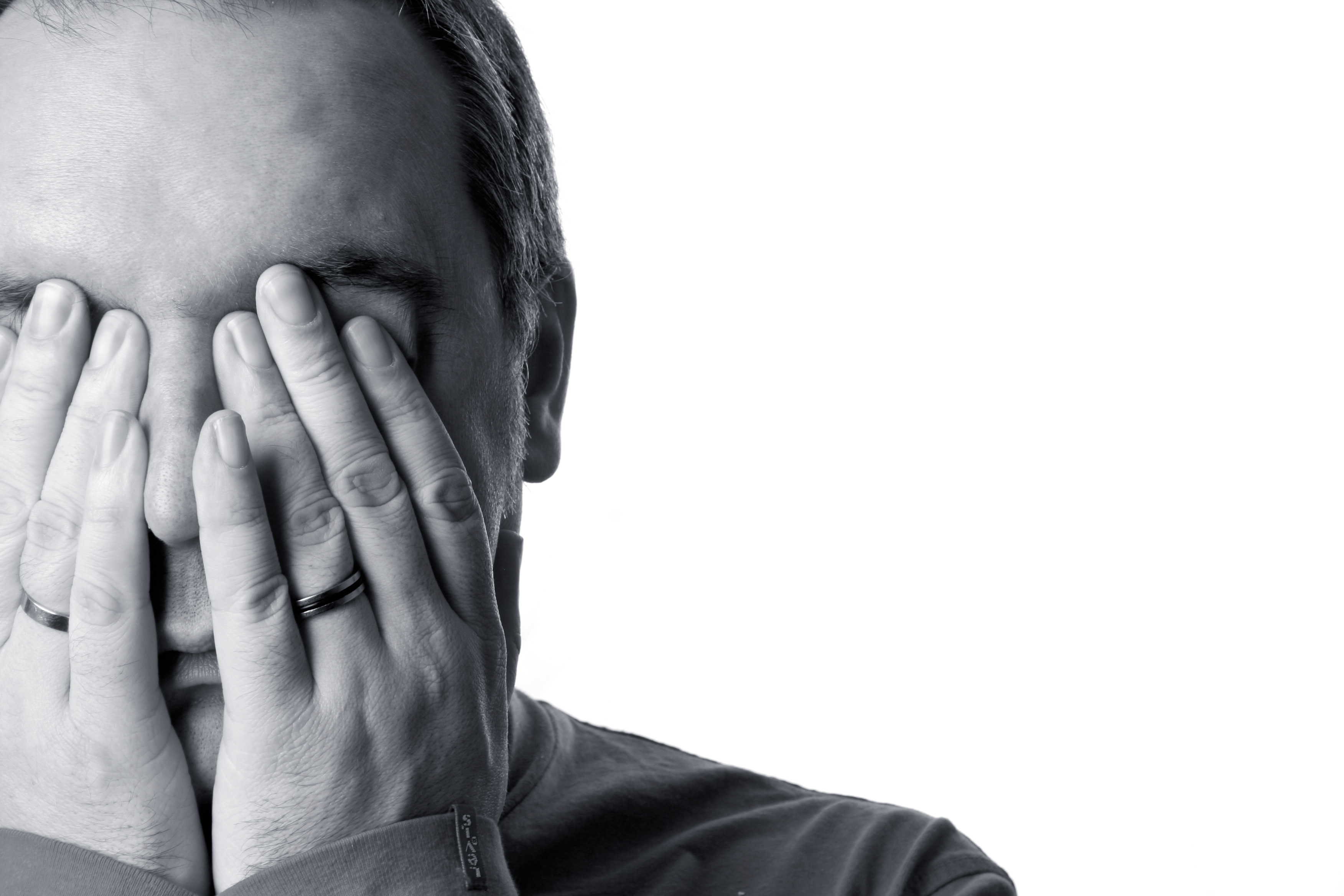
MONDAY, July 26 (HealthDay News) — Despite what many social observers have described as a generally dark and brooding take on life, a new report suggests that Russians are actually less likely than Americans to be depressed.
In fact, researchers have uncovered indications that the Russian cultural tendency to dwell on the negative may ultimately insulate them from feelings of distress when engaged in self-reflection.
“Among Westerners, focusing on one’s negative feelings tends to impair well-being, but among Russians, that is not the case,” study co-author Igor Grossmann, a doctoral candidate in psychology at the University of Michigan, said in a university news release.
“Russians focus more on their negative feelings than Americans do,” Grossmann explained, “but they spontaneously distance themselves from their emotions to a greater extent than Americans, who tend to immerse themselves in their recalled experiences.”
Grossmann and co-author Ethan Kross, a University of Michigan assistant professor of psychology, published their findings in the August issue of Psychological Science.
Grossmann and Kross reported on two studies, funded by the U.S. National Institute of Mental Health, that explored cultural influences on depressive tendencies.
The first study focused on 168 Russian and American students who underwent testing to measure their degree of brooding and depressive symptoms. While the Russians were found to brood more, they also displayed fewer indicators of depression than their American counterparts.
The second study involved 162 students who were measured for distress after being asked to remember and discuss a not-too-distant unpleasant memory involving themselves and another individual.
The Russians appeared to experience less distress than the Americans after retelling the experience, and placed blame less often on the person involved in the incident. The Russians were also able to immediately distance themselves from their recollections, even while discussing them — a skill linked to less distress and feelings of blame, the study authors noted.
Culture, concluded the authors, has an impact on the emotional and cognitive consequences of bad experiences.
More information
For more on signs of depression, visit the U.S. National Library of Medicine.

